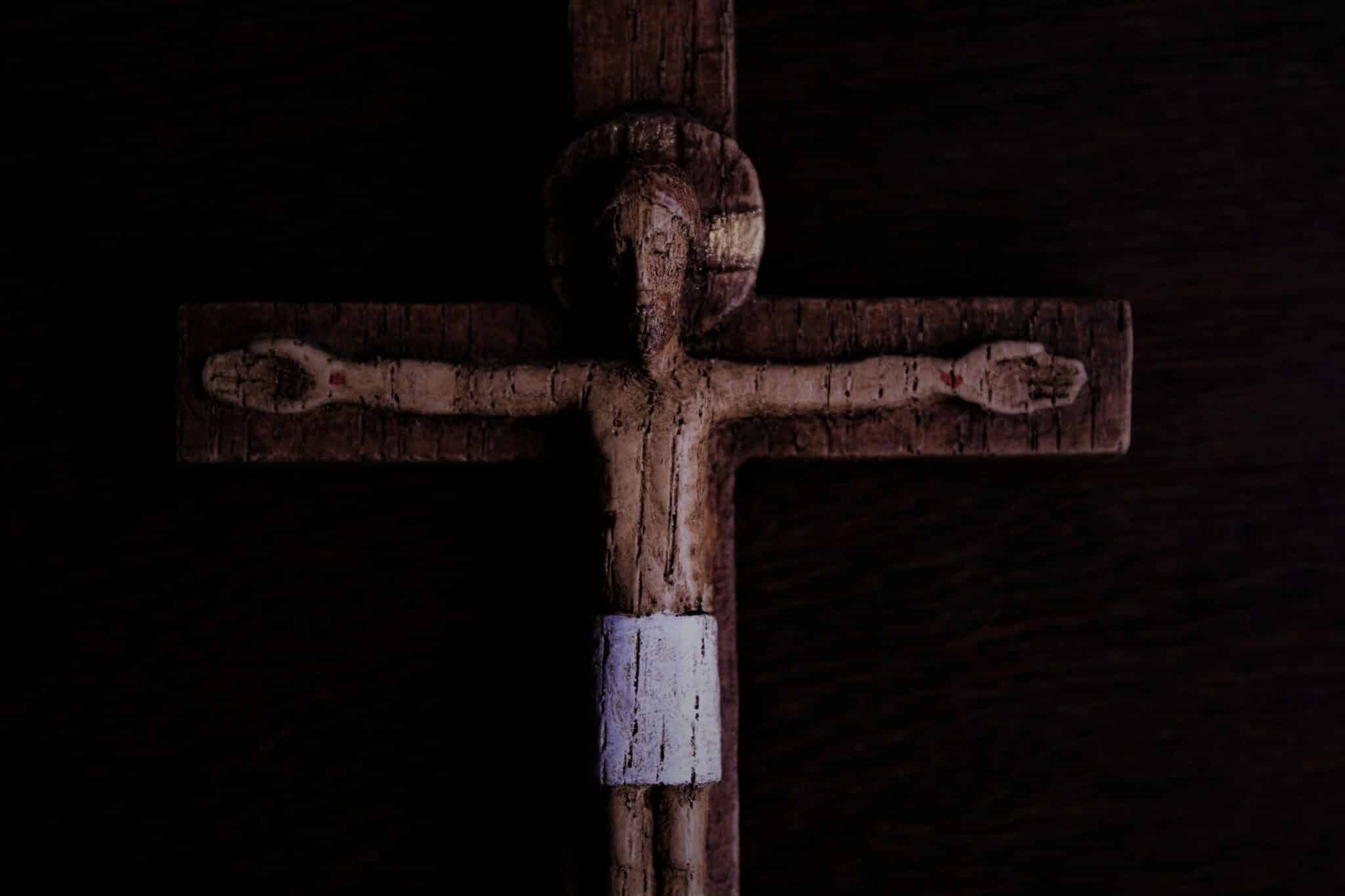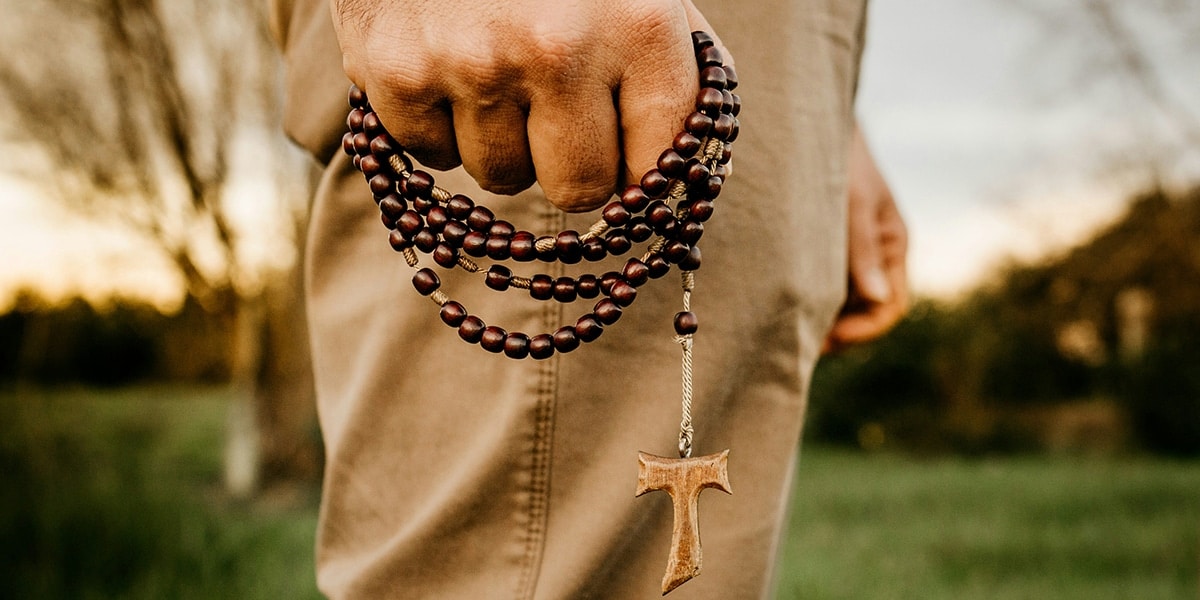MEXICO CITY (CNS) — The Mexican bishops’ conference has voiced dismay with moves to legalize recreational marijuana consumption, warning it “abandons a policy of promoting and protecting health to satisfy the interests of a few.”
In a Nov. 22 statement, the bishops blasted legalizing recreational marijuana — already approved by the country’s Senate — as an example of the “disposable culture” often spoken about by Pope Francis. The bishops also urged Mexicans to “get informed” on the consequences of marijuana consumption and to stay out of the soon-to-be-legalized cannabis industry.
“We see signs of a state policy that ignores the weak and discards those who should be better protected,” the bishops’ statement said.
“The legalization of a drug, be it this one or another, means turning away and ignoring the real needs of society and even more now in the present context of the COVID-19 pandemic, the economic crisis and the crisis of insecurity,” the statement continued.
Mexico’s Senate approved a bill Nov. 19 to legalize the use of recreational marijuana and regulate the cannabis industry. The country’s lower house of congress will now debate the bill.
Congress must approve a legal framework for marijuana legalization by Dec. 15 due to a Supreme Court decision. Over the past five years, the high court has granted injunctions for individuals to grow and consume marijuana for recreational purposes. These injunctions established “jurisprudence” in Mexico and followed a similar legal strategy pursued by lawyers successfully seeking recognition for same-sex marriages.
The law approved by the Senate allows for the possession of one ounce, or 28 grams, of marijuana; the current limit is 5 grams. It also grants permission for people to grow plants for personal consumption and sets out regulations for the legal industry, importing and exporting cannabis and research. A medical cannabis law was approved in 2017, but the legal framework for allowing patients to access it has not yet been established.
Proponents say the proposed law still criminalizes possession — a pretext for police to needlessly detain and extort people, they say — and that the rules will likely create a two-tier market in which the wealthy purchase from shops in posh areas and the poor remain in the black market.
The law also will provide 40% of cannabis-growing permits to poor communities, where the army has a history of eradicating illegal crops such as marijuana and opium poppies.
A 2019 poll by Mexico City newspaper Reforma found 59% of respondents against marijuana legalization.
It remains uncertain if legalization will lead to less violence in Mexico; analysts say Mexico’s drug cartels have grown less marijuana in recent years — a response to the increasing number of U.S. states legalizing cannabis — and now traffic more in synthetic drugs like methamphetamines.
Further afield, a group of priests working in poor areas of Buenos Aires have expressed opposition to a presidential decree that broadens access to medical cannabis. It includes permission to grow plants for self-use.
“(This) could signify the covert legitimation of other types of consumption,” said a Nov. 16 statement from the Argentine bishops’ national commission for the pastoral care of additions and drug dependence.
By David Agren | Catholic News Service







News & Commentary
Mexican bishops dismayed with bill to legalize marijuana
MEXICO CITY (CNS) — The Mexican bishops’ conference has voiced dismay with moves to legalize recreational marijuana consumption, warning it “abandons a policy of promoting and protecting health to satisfy the interests of a few.”
In a Nov. 22 statement, the bishops blasted legalizing recreational marijuana — already approved by the country’s Senate — as an example of the “disposable culture” often spoken about by Pope Francis. The bishops also urged Mexicans to “get informed” on the consequences of marijuana consumption and to stay out of the soon-to-be-legalized cannabis industry.
“We see signs of a state policy that ignores the weak and discards those who should be better protected,” the bishops’ statement said.
“The legalization of a drug, be it this one or another, means turning away and ignoring the real needs of society and even more now in the present context of the COVID-19 pandemic, the economic crisis and the crisis of insecurity,” the statement continued.
Mexico’s Senate approved a bill Nov. 19 to legalize the use of recreational marijuana and regulate the cannabis industry. The country’s lower house of congress will now debate the bill.
Congress must approve a legal framework for marijuana legalization by Dec. 15 due to a Supreme Court decision. Over the past five years, the high court has granted injunctions for individuals to grow and consume marijuana for recreational purposes. These injunctions established “jurisprudence” in Mexico and followed a similar legal strategy pursued by lawyers successfully seeking recognition for same-sex marriages.
The law approved by the Senate allows for the possession of one ounce, or 28 grams, of marijuana; the current limit is 5 grams. It also grants permission for people to grow plants for personal consumption and sets out regulations for the legal industry, importing and exporting cannabis and research. A medical cannabis law was approved in 2017, but the legal framework for allowing patients to access it has not yet been established.
Proponents say the proposed law still criminalizes possession — a pretext for police to needlessly detain and extort people, they say — and that the rules will likely create a two-tier market in which the wealthy purchase from shops in posh areas and the poor remain in the black market.
The law also will provide 40% of cannabis-growing permits to poor communities, where the army has a history of eradicating illegal crops such as marijuana and opium poppies.
A 2019 poll by Mexico City newspaper Reforma found 59% of respondents against marijuana legalization.
It remains uncertain if legalization will lead to less violence in Mexico; analysts say Mexico’s drug cartels have grown less marijuana in recent years — a response to the increasing number of U.S. states legalizing cannabis — and now traffic more in synthetic drugs like methamphetamines.
Further afield, a group of priests working in poor areas of Buenos Aires have expressed opposition to a presidential decree that broadens access to medical cannabis. It includes permission to grow plants for self-use.
“(This) could signify the covert legitimation of other types of consumption,” said a Nov. 16 statement from the Argentine bishops’ national commission for the pastoral care of additions and drug dependence.
By David Agren | Catholic News Service